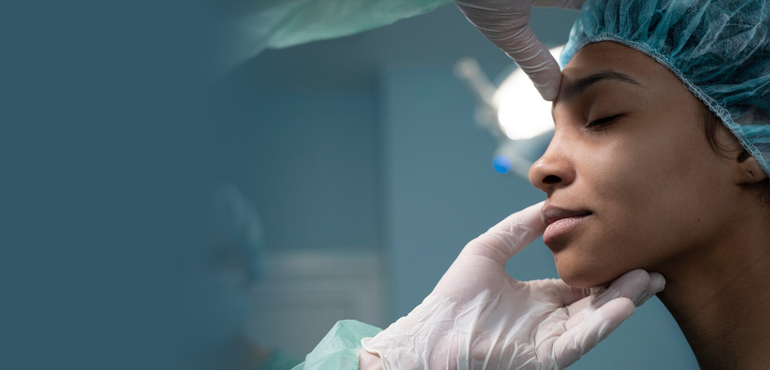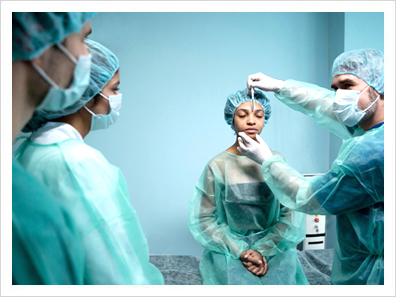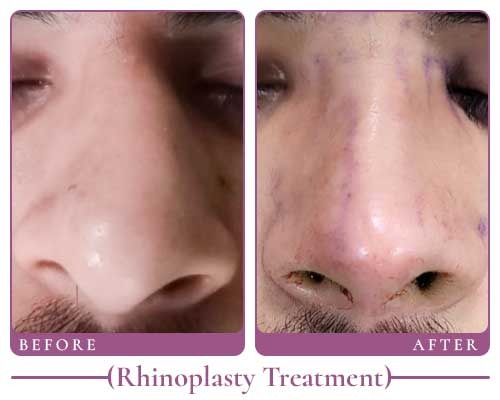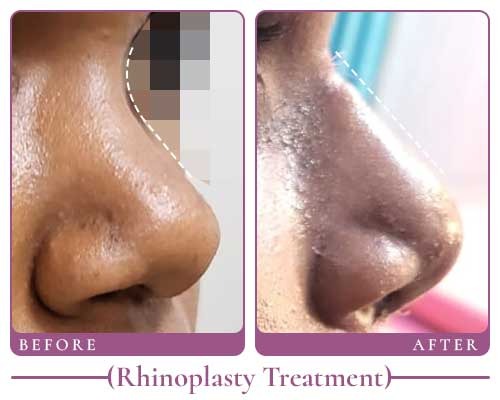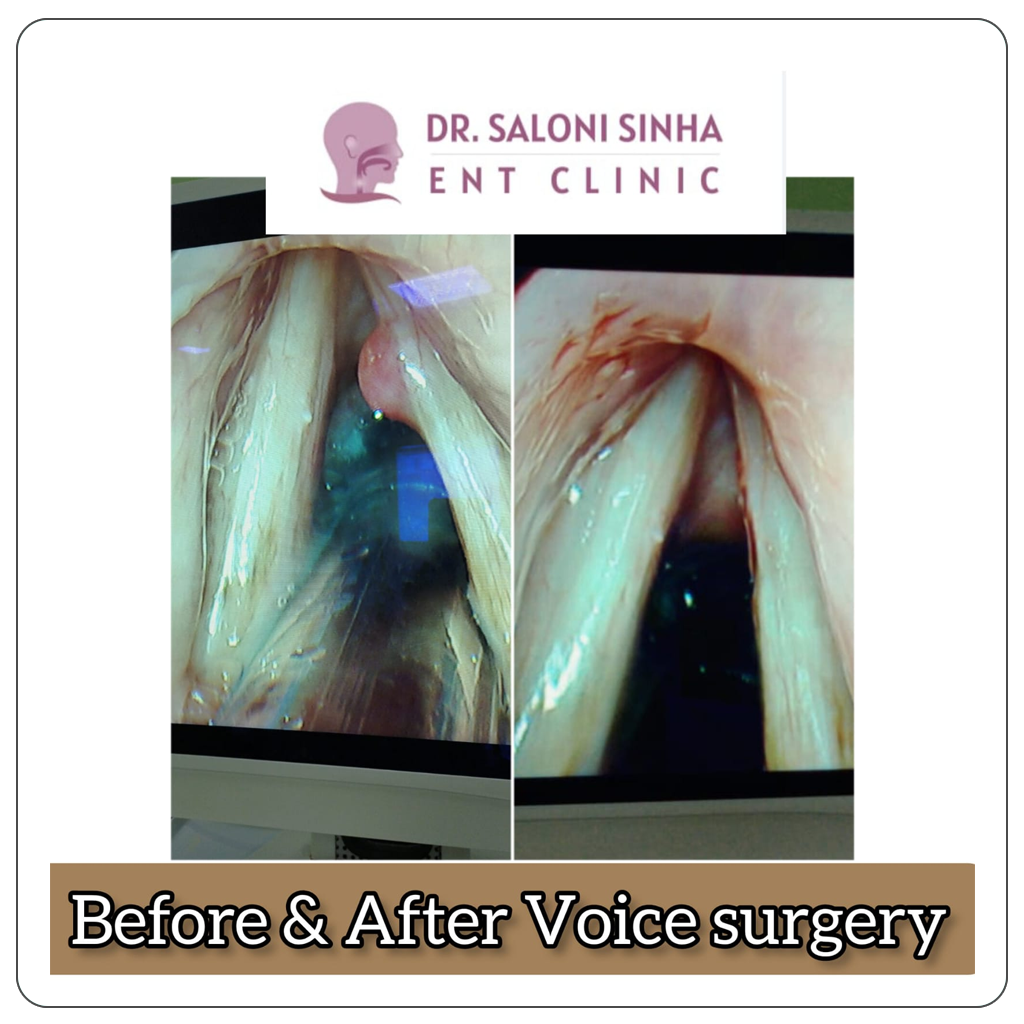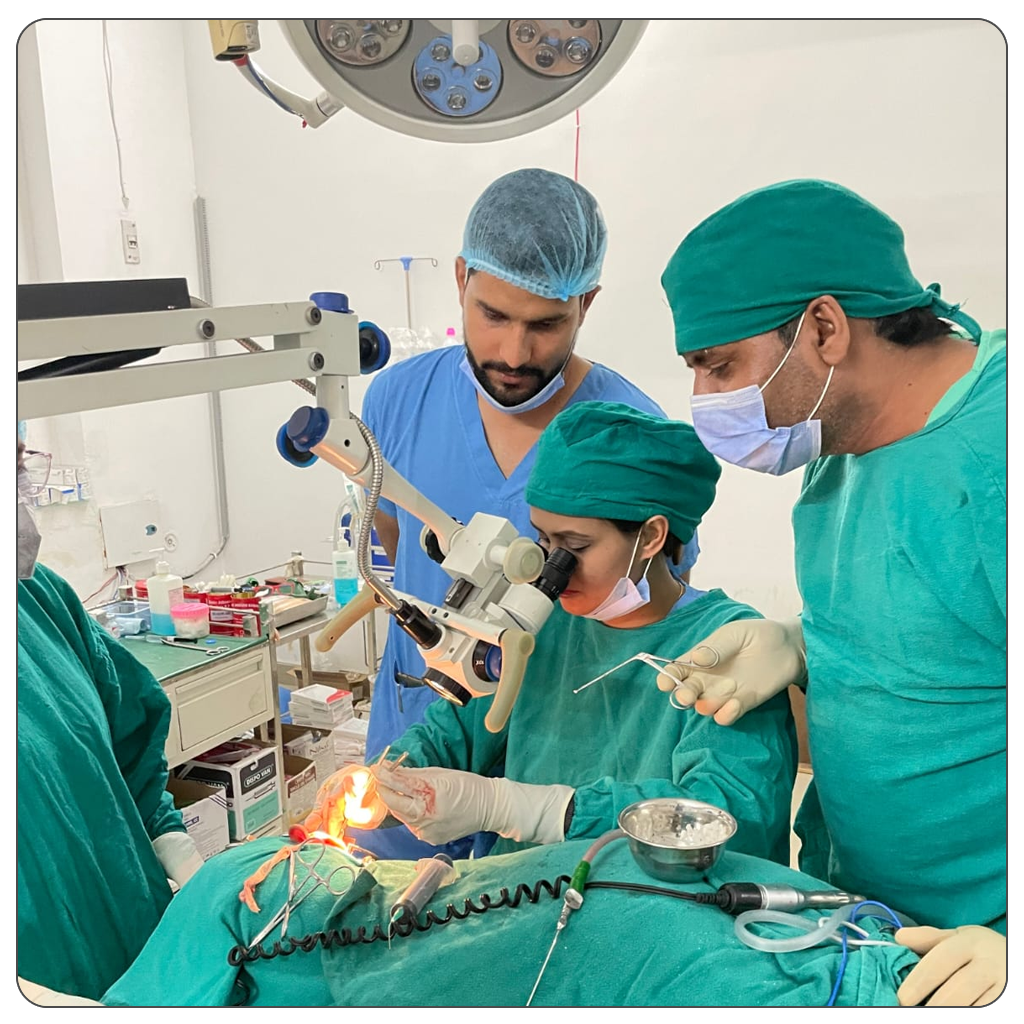Latest Rhinoplasty Surgery at Low Cost in Janakpuri, Delhi
Our nose is one of the facial features that enhance our appearance. Among various aesthetic surgeries, rhinoplasty is the most popular surgery that reshapes the nose. Popularly known as a “Nose Job”, rhinoplasty can also help with improving your breathing. Rhinoplasty aims to change either the nasal bone, cartilage, skin, or all of the above.
What is Rhinoplasty?
Rhinoplasty is a surgical procedure to change the shape of the nose. Performed by highly skilled and experienced plastic surgeons, rhinoplasty adds value to your facial features, and it also impairs breathing. The nose is structured by a nasal bone on the top followed by cartilage in the lower portion. The plastic surgeon works both on the bone and cartilage to change the nose shape.
When is Rhinoplasty performed?
A nasal bone takes around 15 years to fully develop in girls while in boys it can take a bit longer. If the nasal bone surgery is done to enhance appearance, then waiting time is required until the nasal bone completely forms. If the surgery is required to improve breathing, then it can be done at a younger age itself. Other than aesthetics, reasons for performing a rhinoplasty include nose damage in the following cases:
- • Injury
- • Birth defect
- • Breathing issues
- • Not happy with the nose structure
Prerequisites of Rhinoplasty
Before rhinoplasty, your surgeon will examine your medical history followed by a physical exam to check the skin thickness and nose cartilage strength. In cases of bleeding disorders, your surgeon will not recommend this elective surgery. Diagnostic investigations may include blood tests. The surgeon will also check the impact of rhinoplasty on breathing before conducting the surgery. The doctor may take photos of different angles of the nose. And with the help of software, the doctor will show the possible changes after the surgery. This will enable easy assessment of before and after surgery outcomes while analyzing the possible surgery goals.
- • Additionally, you may have to stop medicines like ibuprofen, and aspirin for nearly two weeks before and after the surgery, as these medications can increase the risk of excess bleeding.
- • You will also need to avoid herbal and other over-the-counter supplements.
- • Avoid smoking as smoking can delay the healing process or increase infection risk post-surgery.




